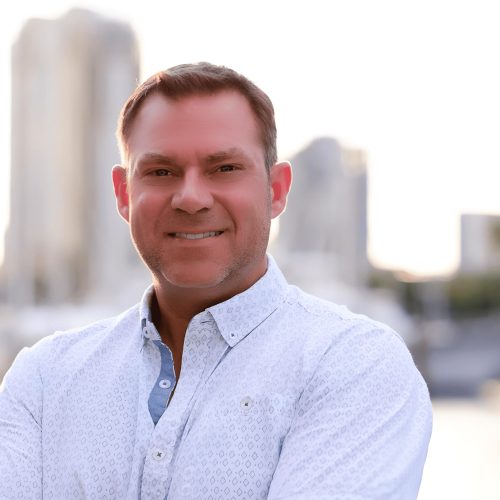August 1st, 2022
Are You In Touch With What’s Right About You?
Recent Active Contributors
 John Morley Serial Entrepreneur & Podcast Coach
John Morley Serial Entrepreneur & Podcast Coach Jo Rosen Founder & President of Parkinson’s Resource Organization
Jo Rosen Founder & President of Parkinson’s Resource Organization Lisa Smith Big Blend Radio
Lisa Smith Big Blend Radio Rich LaMonica The MisFitNation Show
Rich LaMonica The MisFitNation Show Steve Ramona Doing Business with a Servant's Heart
Steve Ramona Doing Business with a Servant's Heart Sally Pederson Podcaster
Sally Pederson Podcaster Teri Wellbrock Podcaster, Audiobook Producer, Speaker, and Writer
Teri Wellbrock Podcaster, Audiobook Producer, Speaker, and Writer Nancy Gentle Boudrie Mindset and Mindfulness Expert- Life, Business and Executive Coach
Nancy Gentle Boudrie Mindset and Mindfulness Expert- Life, Business and Executive Coach John Miles Host of the Passion Struck Podcast | International Keynote Speaker | Award-Winning Author
John Miles Host of the Passion Struck Podcast | International Keynote Speaker | Award-Winning Author Frederick Saide Dr. Fred
Frederick Saide Dr. Fred Heather Markel Full-Time Travel Lifestyle Coach
Heather Markel Full-Time Travel Lifestyle Coach Zen Benefiel Possibilities Coagulator
Zen Benefiel Possibilities Coagulator Devin Thorpe Champion of Social Good
Devin Thorpe Champion of Social Good Khudania Ajay Content Entrepreneur, Podcast Host & Ind. Journalist
Khudania Ajay Content Entrepreneur, Podcast Host & Ind. Journalist Wendy Valentine The Midlife Makeover Show
Wendy Valentine The Midlife Makeover Show Cindy Hardin-Weiss MSPT
Cindy Hardin-Weiss MSPT Karen Gershowitz Blogger, Author
Karen Gershowitz Blogger, Author Anne Bachrach Work Life Balance Podcaster and Author
Anne Bachrach Work Life Balance Podcaster and Author Michael Levitt Chief Burnout Officer
Michael Levitt Chief Burnout Officer Melissa Deally Integrative Health Practitioner & Registered Health Coach
Melissa Deally Integrative Health Practitioner & Registered Health Coach Kyle Yates The Vibes Broadcast Network
Kyle Yates The Vibes Broadcast Network Jeremy Bryant Host
Jeremy Bryant Host Harry Spaight Founder of Selling With Dignity
Harry Spaight Founder of Selling With Dignity Beth Elkassih Professional Blogger
Beth Elkassih Professional Blogger
Keep Up To Date With Our Latest Baby Boomer News & Offers!
Sign Up for Our FREE Newsletter
Recent Articles
- The Power of Being Wrong: Why Changing Your Mind is a Strength, Not a Weakness
- Devin’s Impact Pick of the Week for Impact Members Only
- Article FF2 Media: Ceramicist Ruth Ehrenkrantz – 3/6/2024
- Article: Ceramicist Ruth Ehrenkrantz — 3/6/2024
- Article — Journey Woman – Kuala Lumpur, Malaysia – 12/29/2023
BabyBoomer.org is an online membership community created by and for the Baby Boomer Generation. Boomers, and those who service and support them, are welcome to join our community accessing all general topics.
Recent Articles
Recent Podcasts
BabyBoomer.org does not guarantee the accuracy or endorse the reliability of any information or offers associated with advertisements, articles, or other content displayed on our site. We encourage you to conduct your own thorough research and exercise due diligence when accessing our information.
2024 © All Rights Reserved | BabyBoomer.org
























